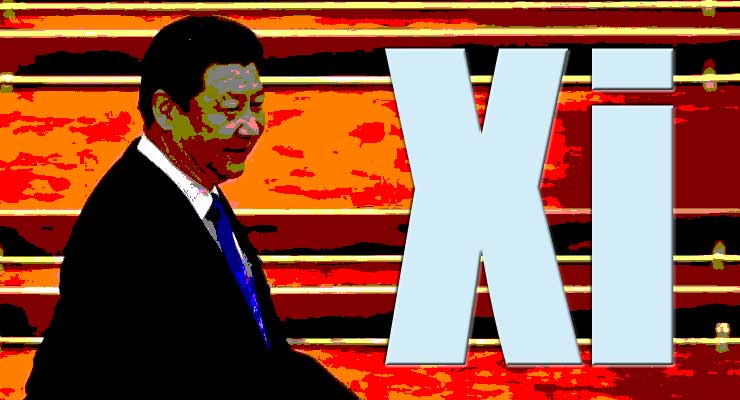
Experts have argued that “American bipartisan democratic unity is essential if the U.S. is to counter the rise of three autocratic Eurasian superpowers — China, Russia and Iran”.
The rise of communism in the early 20th Century created a bipolar world. The tensions between communist regimes and the west have become emblematic of the battle between the axis of evil and the free world.
When the mother of all communist regimes, the Union of Soviet Socialist Republics (USSR), collapsed after 69 years, China picked up the baton and pursued communist oppression of its own people and of people elsewhere.
Then came Vladimir Putin whose nostalgia of the USSR has led to Russian aggression in East Europe. Then there is Iran, a Theocracy that knows no bounds when it comes to unleashing repression on its own population and bullying neighbors recklessly.
This autocratic Eurasian trio represents a significant threat to world peace and freedoms. Their influence can however be checked by an alliance of free states. America is the leading nation in the democratic space and it would maintain its leadership if American bipartisan democratic unity is strong.
This will be tested in Hong Kong where pro-democracy protests have gone unabated. As China prepares to celebrate 70 years of communism on October 1, 2019, a confrontation of monumental proportions is bound to happen between Hong Kongers and Chinese communist forces.
How the USA and the rest of the democratic world react to this development will determine if autocracy will triumph over democracy.
Democracy Digest has a really interesting article on this perspective that argues how “Bipartisan democratic unity can counter [the] ‘brotherhood of authoritarianism.” According to the post,
If Xi Jinping and the Chinese Communist Party are allowed to crush Hong Kong’s democracy movement, it will mark a grave and significant victory for authoritarian ideology over democracy, says Rep. Michael McCaul of Texas, the ranking Republican on the House Foreign Affairs Committee. Hong Kong’s democracy could be the first one the CCP eliminates but is unlikely to be the last.
“Last week, I was proud to have joined House Speaker Nancy Pelosi, Chairman Eliot Engel, D-N.Y., Reps.Chris Smith, R-N.J., and James McGovern, D-Mass., and several Hong Kong pro-democracy activists to denounce China’s authoritarian brutality,” McCaul adds:
We stood together, not as Republicans or Democrats, but as Americans united in our strong support for Hong Kong. This is a battle between democracy versus dictatorship, liberty versus tyranny, and freedom versus oppression. ….If we want to prevent Hong Kong from becoming the test case for authoritarian elimination of a democracy in the 21st century, the United States cannot sit idly by. We must recognize these events as part of a global struggle between people who desire to live in freedom and brutal regimes that seek to control them.
Bipartisan democratic unity is essential if the U.S. is to counter the rise of three autocratic Eurasian superpowers — China, Russia and Iran, experts told a Hoover Institution forum, The Stanford Daily’s Berber Jin writes.
Get full story here.
Leave a Reply